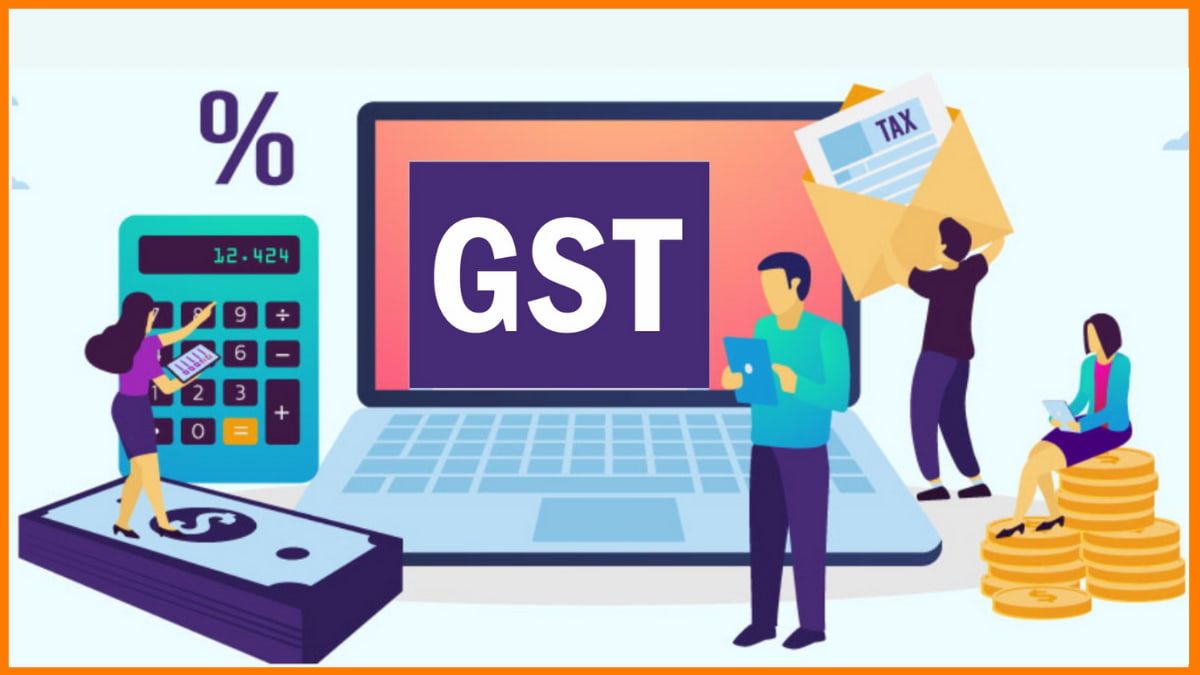Economical Options for the Best GST Registration Services in Singapore
Economical Options for the Best GST Registration Services in Singapore
Blog Article
From Begin to Complete: The Ultimate Roadmap to GST Enrollment for Companies Looking For Financial Security
Navigating the complexities of Product and Solutions Tax Obligation (GST) enrollment is a vital action for businesses striving for financial stability. Breaking down the roadmap right into manageable steps can enhance the registration trip for organizations looking to improve their monetary standing.
Comprehending GST Essentials
Digging right into the basic principles of Goods and Provider Tax Obligation (GST) is necessary for gaining a thorough understanding of its implications on businesses and the economy. GST is a value-added tax obligation levied on the majority of goods and services for domestic intake. It has actually replaced numerous indirect taxes that existed in the pre-GST era, streamlining the tax obligation framework and enhancing simplicity of doing business in India. Under the GST system, both solutions and products are exhausted at a particular rate, which is established based upon their classification. If their annual turnover surpasses the threshold restriction set by the federal government, services are called for to sign up for GST. Input Tax Obligation Debt (ITC) is a considerable function of GST, allowing organizations to declare credit for taxes paid on inputs, lowering the overall tax obligation problem. Understanding the basics of GST is vital for businesses to follow tax policies, handle their finances efficiently, and add to the nation's financial growth by joining a transparent tax obligation system.
Eligibility Criteria for Registration
As of the current policies, the threshold limitation for GST enrollment is an annual accumulation turn over of 40 lakhs for services running within a state, other than for unique category states where the restriction is 20 lakhs. Additionally, particular services are called for to register for GST regardless of their turnover, such as interstate vendors, informal taxable persons, and organizations responsible to pay tax obligation under the reverse charge device. It is crucial for businesses to thoroughly analyze their turnover and purchase types to determine their GST enrollment responsibilities properly.
Documents Needed for Enrollment
Having actually satisfied the eligibility requirements for GST registration, services have to currently ensure they have the requisite papers in position to continue with the registration procedure effectively. The documents needed for GST registration usually consist of evidence of company constitution, such as partnership act, registration certification, or consolidation certificate for various kinds of services. Additionally, organizations need to provide files developing the principal workplace, such as a rental agreement or electrical power costs. Frying pan card of the company, in addition to the identity and address evidence of promoters/partners/directors, are crucial for confirmation purposes. Checking account statements, in addition to terminated cheques or a copy of the financial institution passbook, are required to verify the financial details supplied during enrollment. Companies have to have digital trademarks all set for the licensed signature. Guaranteeing all these papers are arranged and conveniently offered will certainly speed up the GST enrollment process, enabling businesses to abide by tax obligation laws flawlessly.
Step-by-Step Enrollment Refine
Commencing the GST enrollment procedure includes a collection of structured steps to ensure a seamless and certified registration for businesses. The very first step is to visit the GST website and fill in the enrollment form with exact information of business entity. Following this, the applicant obtains a Momentary Reference Number (TRN) which is utilized to resume the application procedure if it's not finished in one go.
Next, all required records according to the list supplied by the GST portal need to be uploaded. These files commonly include evidence of company registration, identification and address evidence of promoters, financial statements, and organization entity's frying pan card.

Post-Registration Conformity Guidelines

Conclusion
To conclude, companies seeking financial stability must recognize the essentials of GST, satisfy qualification requirements, collect needed files, comply with the detailed enrollment process, and abide by post-registration standards - Best GST registration services in Singapore. By sticking to these steps, organizations can make certain conformity with tax obligation guidelines and maintain monetary security in the future
In addition, particular businesses are called for to register for GST irrespective of their turnover, such as interstate vendors, informal taxable individuals, and organizations liable to pay tax under the reverse fee discover this info here system.Having met the qualification standards for GST registration, businesses must currently guarantee they have the requisite records in area to continue with the enrollment process effectively. The records needed for GST registration commonly include proof of organization constitution, such as collaboration act, enrollment certification, or unification certification for different kinds of services. Additionally, services need to offer papers establishing the principal place of organization, such as a rental agreement or electrical energy expense.Commencing the GST registration procedure entails a series of organized actions to make certain a compliant and smooth enrollment for businesses.
Report this page